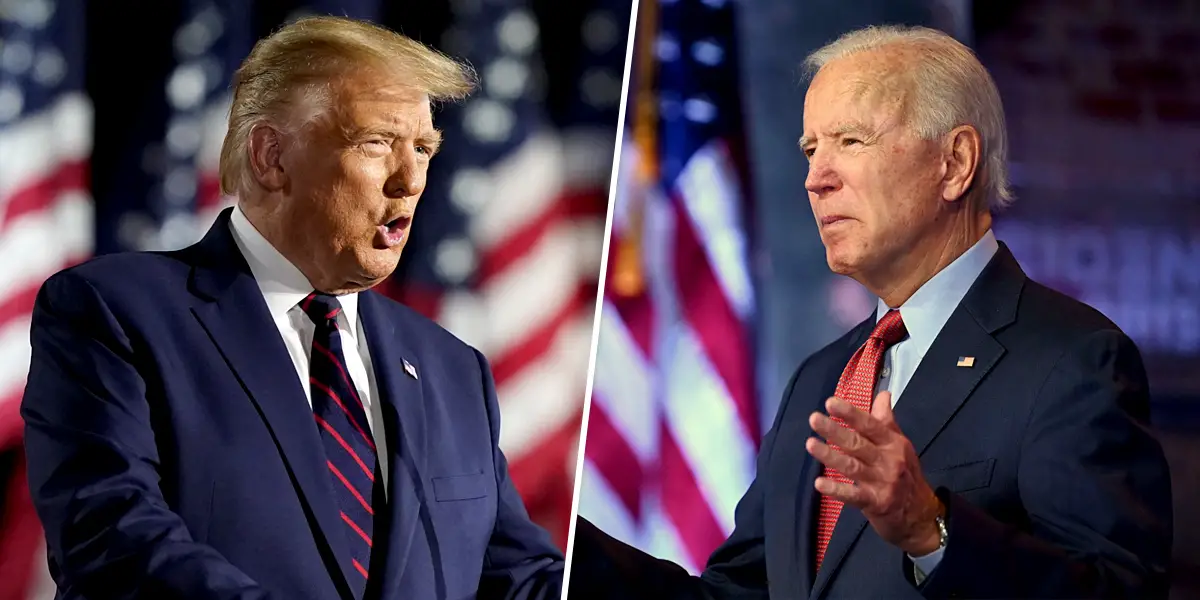The red state/blue state divide in America has only served to grow deeper as the extremes of politics move further away from the center. America is no longer an “agree to disagree” country where ideals of freedom and liberty generally won out above all else. With continual pressure from progressive activists to impose more and more government control on the states, there doesn’t seem to be any escaping the numerous ways in which personal liberties can be infringed.
This cuts in both ways, of course, since what one state sees as expanding liberty, another sees as impeding progress, and vice versa. How can we solve such a situation? Students in most public schools are not taught to appreciate the country and appreciate differing points of view with respect and decency the way they once were. It’s no longer acceptable to “agree to disagree.” Instead, society has turned into “agree or you must be canceled.”
An interesting poll out of the University of Virginia found some shocking numbers when looking at how to bridge the divide in American politics. Perhaps the most fascinating involves the number of people who think it’s time for states to break into separate countries and secede from one another:
A new poll has revealed that political divisions run so deep in the US that over half of Trump voters want red states to secede from the union, and 41% of Biden voters want blue states to split off.
According to the analysis from the University of Virginia’s Center for Politics, 52% of Trump voters at least somewhat agree with the statement: ‘The situation is such that I would favor [Blue/Red] states seceding from the union to form their own separate country.’ Twenty-five percent of Trump voters strongly agree.
Meanwhile, 41% of Biden voters at least somewhat agree with the sentiment, while 18% strongly agree.
Put another way, from the data analysis provided by the pollster:
Roughly 4 in 10 (41%) of Biden and half (52%) of Trump voters at least somewhat agree that it’s time to split the country, favoring blue/red states seceding from the union.
Note that Biden voters are less inclined to split the country than their Trump-voting counterparts, but the sentiment is still alarmingly high with 41% supportive of the idea. In a way, such a remedy to political differences is almost too perfect. You people over here and you people over here, problem solved. Inevitably, though, the problems would remain to an extent given the close proximity of Bidenistan and Trumpistan.
There are some bright spots, however, with the larger majority of voters on all sides at least agreeing that a representative democracy is their preferred form of government:
“The divide between Trump and Biden voters is deep, wide, and dangerous,” Larry Sabato, the director of UVA’s Center for Politics, wrote. “The scope is unprecedented, and it will not be easily fixed.”
Even if they can’t agree with each other on policy or the direction of the country, around 80% of voters from each side said they preferred democracy over any other style of government.
The problem with democracy is that it’s messy, and it means many voters will not be happy all the time with the results. That’s a divide that doesn’t exist in totalitarian regimes where it doesn’t matter what the people think. I lieu of a totalitarian takeover, each side is going to have to give a little and hold back on their most extreme policy proposals.
It is interesting also that as much as progressive Democrats absolutely detest Trump voters, they seem more inclined to keep America whole and impose their will on them versus allowing red states to form their own country. Trump voters, on the other hand, would be happier left alone in their own separate country. Let the liberals have their whacky problems in California, many Trump voters would say, just leave the rest of us alone and we’ll agree not to talk to one another.
As political divisions sharpen, and the federal government grows in reach under Biden’s progressive agenda, this red/blue divide will only serve to deepen.
Donate Now to Support Election Central
- Help defend independent journalism
- Directly support this website and our efforts
